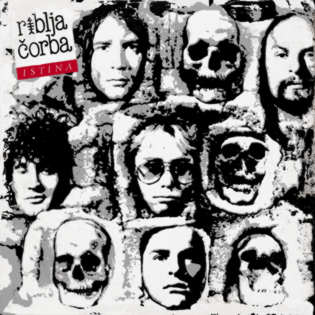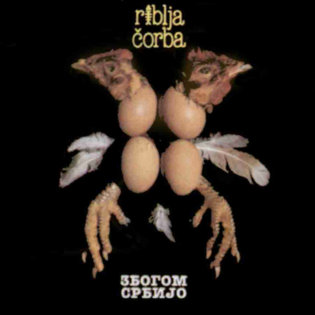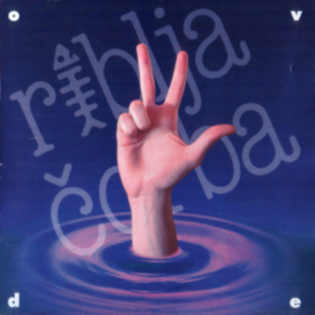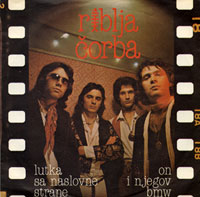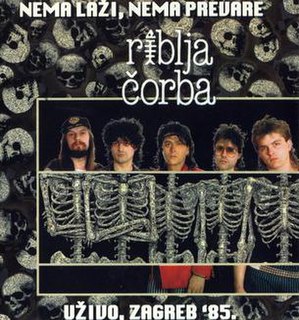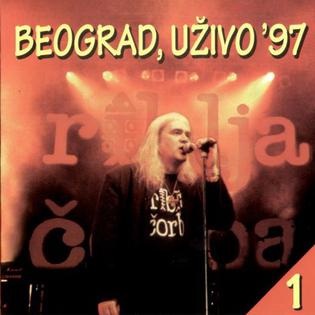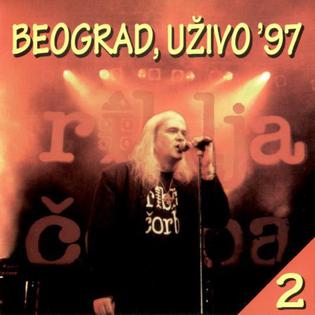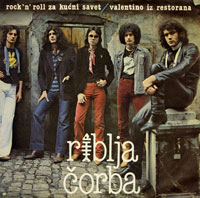| "Nesrećnice nije te sramota" | ||||
|---|---|---|---|---|
 | ||||
| Single by Riblja Čorba | ||||
| B-side | "Zašto kuče arlauče" | |||
| Released | February 2, 1987 | |||
| Format | 7" single | |||
| Recorded | 1987 | |||
| Genre | Hard rock | |||
| Length | 5:44 | |||
| Label | PGP-RTB | |||
| Riblja Čorba singles chronology | ||||
| ||||
"Nesrećnice nije te sramota" is a single from Serbian and former Yugoslav rock band Riblja Čorba. The single was given as a gift to the buyers of Riblja Čorba 1987 album Ujed za dušu .

Serbia, officially the Republic of Serbia, is a country situated at the crossroads of Central and Southeast Europe in the southern Pannonian Plain and the central Balkans. The sovereign state borders Hungary to the north, Romania to the northeast, Bulgaria to the southeast, North Macedonia to the south, Croatia and Bosnia and Herzegovina to the west, and Montenegro to the southwest. The country claims a border with Albania through the disputed territory of Kosovo. Serbia's population is about seven million. Its capital, Belgrade, ranks among the oldest and largest citiеs in southeastern Europe.
Rock music is a broad genre of popular music that originated as "rock and roll" in the United States in the early 1950s, and developed into a range of different styles in the 1960s and later, particularly in the United Kingdom and in the United States. It has its roots in 1940s and 1950s rock and roll, a style which drew heavily on the genres of blues, rhythm and blues, and from country music. Rock music also drew strongly on a number of other genres such as electric blues and folk, and incorporated influences from jazz, classical and other musical styles. Musically, rock has centered on the electric guitar, usually as part of a rock group with electric bass, drums, and one or more singers. Usually, rock is song-based music usually with a 4/4 time signature using a verse–chorus form, but the genre has become extremely diverse. Like pop music, lyrics often stress romantic love but also address a wide variety of other themes that are frequently social or political.

Riblja Čorba is a Serbian and Yugoslav rock band from Belgrade. The band was one of the most popular and most influential acts of the Yugoslav rock scene.
Contents
B-side features song "Zašto kuće arlauče".



